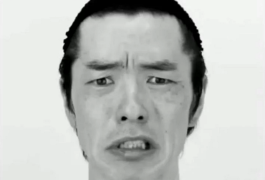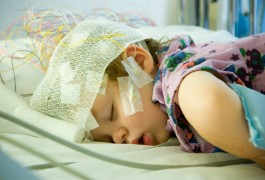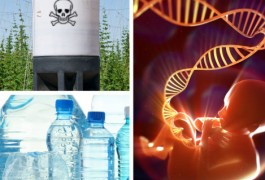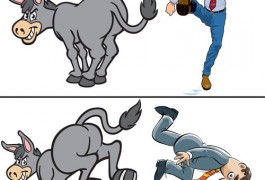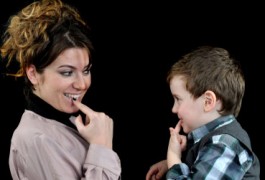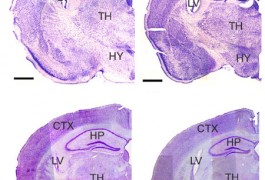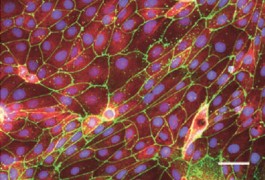Cognition and behavior: Words bias impressions in autism
Individuals with autism rely more on words than on facial expressions when interpreting social cues, and this may result from low activity in two brain regions, according to a paper published 22 June in PLoS One.







